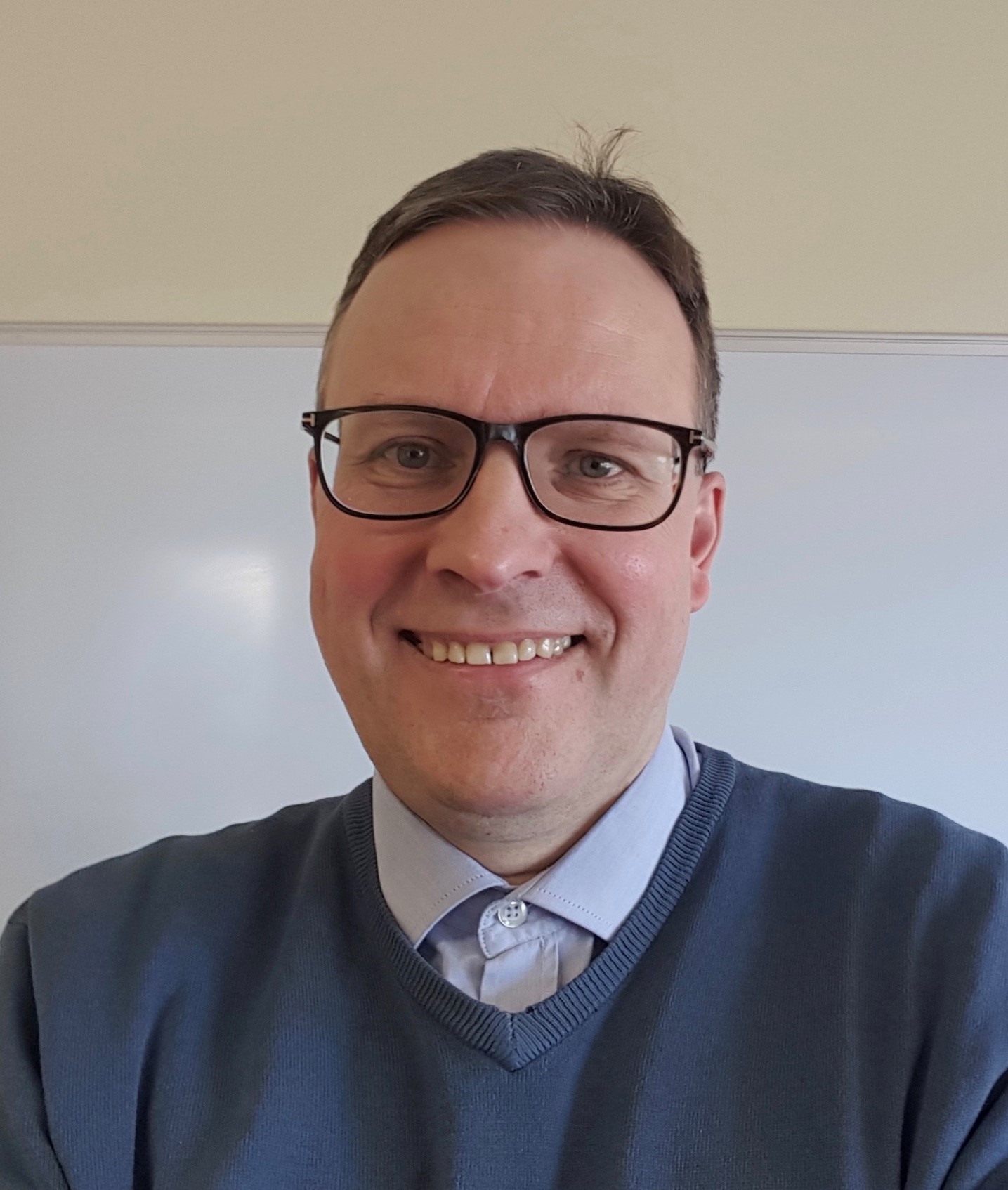2.5 million euros to study the lives of migrants

University of St Andrews Professor Hill Kulu has been awarded almost 2.5 million euros to study the lives of immigrants and their descendants in the UK, France, Germany and Sweden.
The prestigious European Research Council (ERC) advanced grant is part of a €540 million European Union funding for 222 scientists across Europe to boost cutting-edge research announced today (28 March 2019).
It is estimated that the 2019 round of European Research Council grants could lead to the creation of 2000 new jobs.
Professor Kulu’s project ‘Understanding Life Trajectories of Immigrants and Their Descendants in Europe and Projecting Future Trends’ (MIGRANTLIFE) will investigate how employment, housing and family trajectories evolve and interact in the lives of immigrants and their descendants in the UK, France, Germany and Sweden and how factors related to a societal context, an early life context and critical transitions shape their life histories.
The five-year study will project their future life trajectories using innovative computer simulation techniques, considering the main life domains and diversity between and within immigrant groups.
Professor Kulu, from the Population and Health Research Group of the School of Geography and Sustainable Development at St Andrews, said: “I am delighted to receive this award. The support by the European Research Council provides the opportunity to answer one of the fundamental questions in migration research in industrialised countries – whether the current differences observed between immigrants and natives in employment, housing and family patterns are short-term outcomes in a long-term process of cultural and economic integration or rather reflections of different pathways and outcomes for immigrants and their descendants.
“The intra-group heterogeneity in marriage patterns among the Caribbean population in the UK provides a good example. Some individuals form unions with partners of the same origin, some are in relationships with white British, some with partners of other ethnic minority groups, and some do not form a union at all.
“It is unclear whether this heterogeneity reflects cultural diversity or socioeconomic inequalities; and whether it is a temporary phase in the long-term cultural and economic integration or rather a sign of persisting socio-ethnic segments within British society.”
European Commissioner for Research Science and Innovation Carlos Moedas said: “The ERC Advanced Grants back outstanding researchers throughout Europe. Their pioneering work has the potential to make a difference in people’s everyday life and deliver solutions to some of our most urgent challenges. The ERC gives these bright minds the possibility to follow their most creative ideas and to play a decisive role in the advancement of all domains of knowledge.”
Category Research